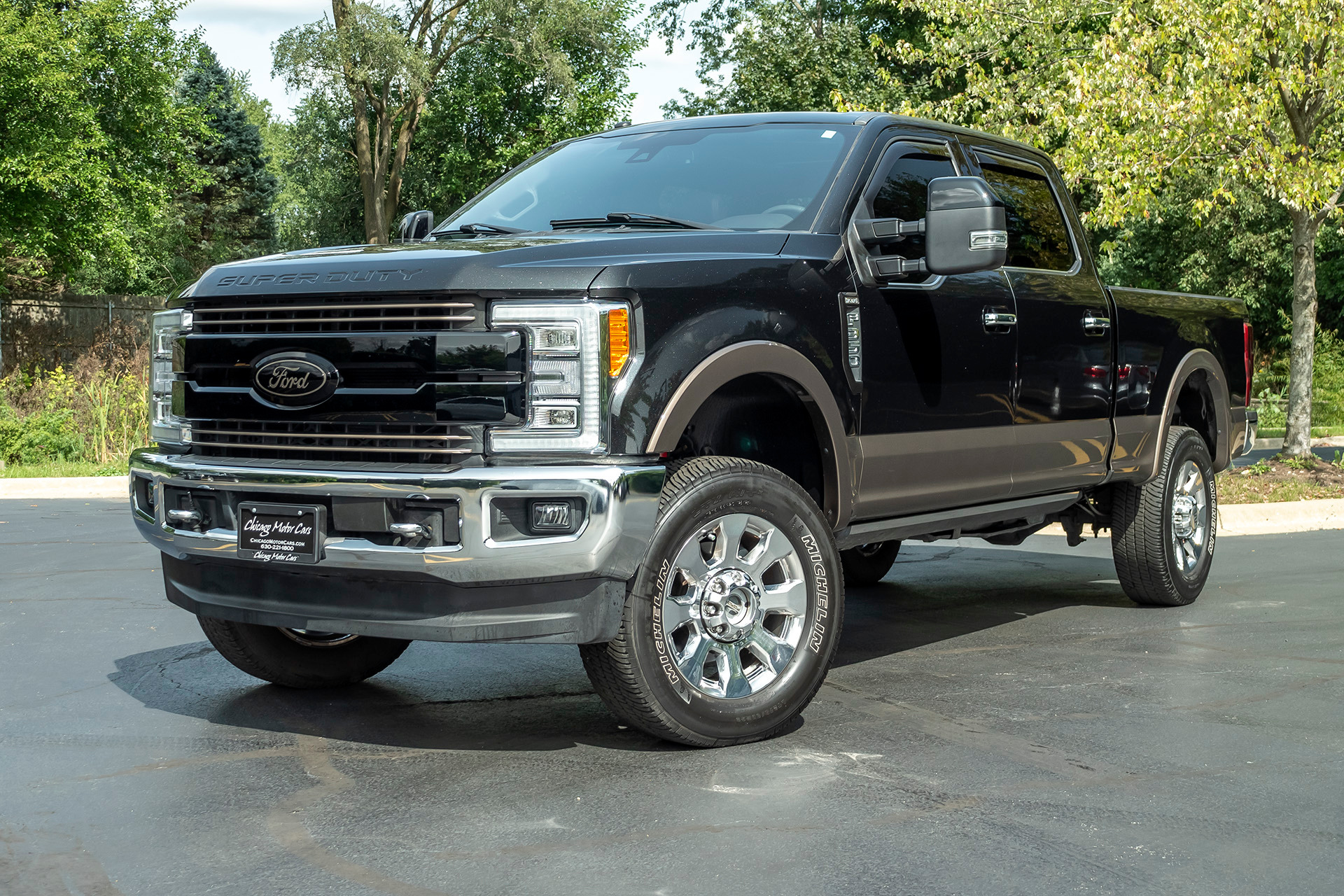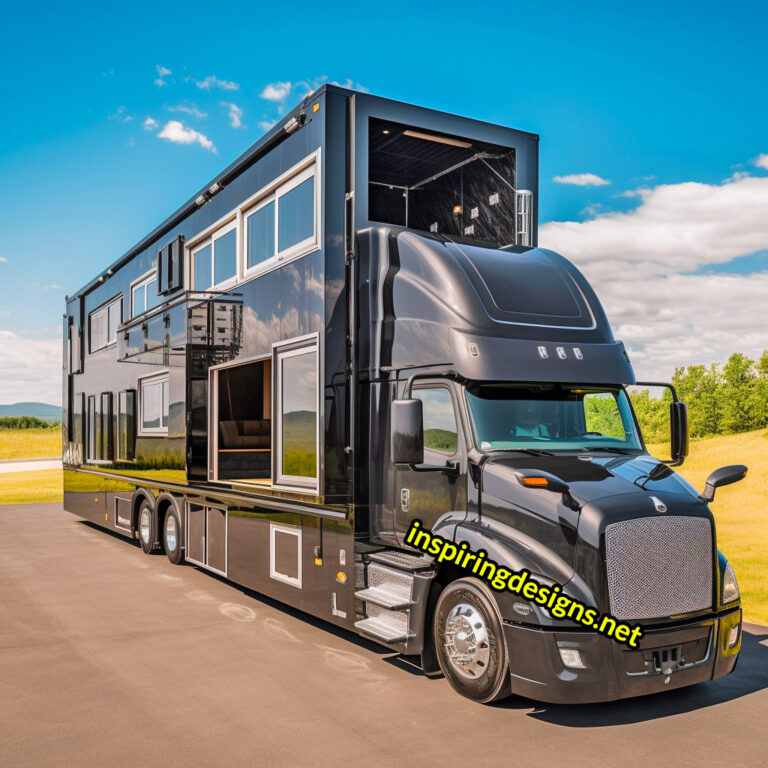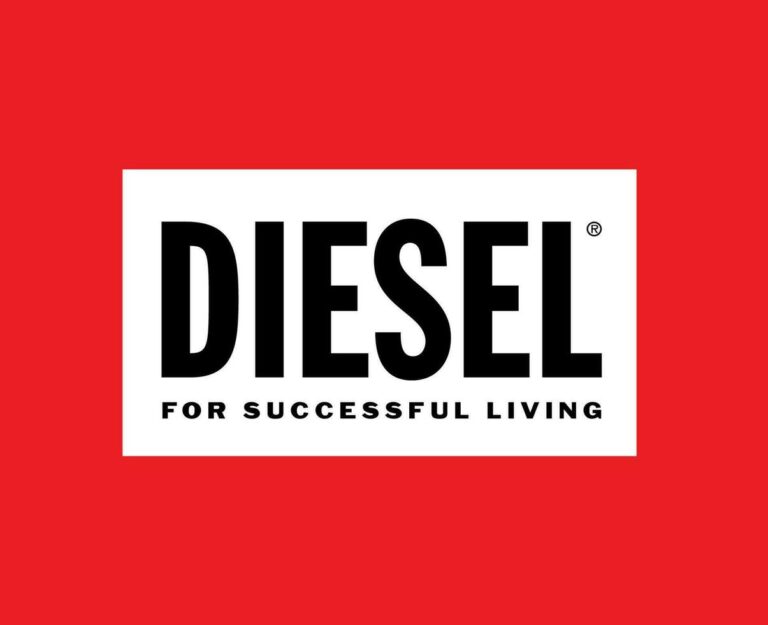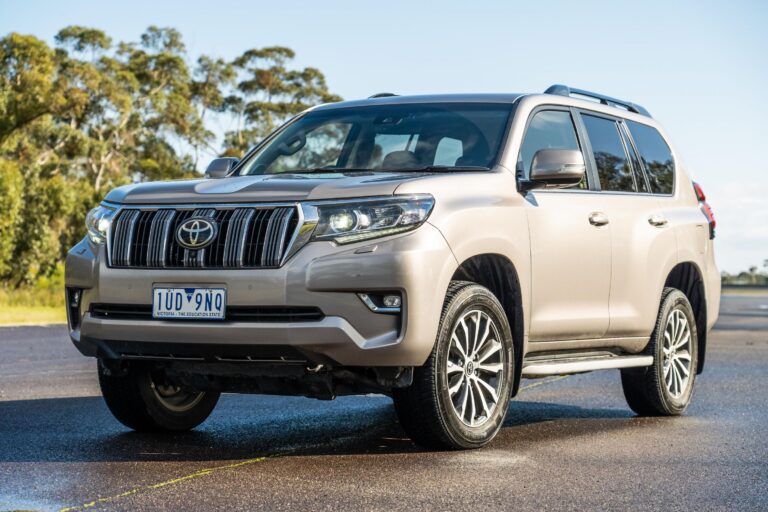350 Diesel Trucks For Sale: Your Ultimate Guide to Heavy-Duty Hauling Power
350 Diesel Trucks For Sale: Your Ultimate Guide to Heavy-Duty Hauling Power cars.truckstrend.com
Introduction: Unlocking the Power of the 350 Diesel Truck
When the call for serious muscle and unwavering reliability echoes through the automotive landscape, the "350 Diesel Truck" stands ready to answer. This designation, typically referring to 1-ton heavy-duty pickups like the Ford F-350, Ram 3500, and Chevrolet/GMC 3500HD, signifies a class of vehicles engineered for the most demanding tasks. Far beyond the capabilities of their half-ton or three-quarter-ton siblings, these diesel-powered behemoths are the backbone of countless businesses, recreational pursuits, and personal projects requiring immense towing and hauling capacity. Whether you’re a contractor needing to pull heavy equipment, an RV enthusiast embarking on cross-country adventures, or a farmer transporting livestock and feed, a 350 diesel truck offers the robust performance, impressive longevity, and surprising efficiency (for its size) that makes it an indispensable asset. This comprehensive guide will navigate the intricacies of finding, evaluating, and purchasing the perfect 350 diesel truck for your needs, ensuring you make an informed investment in a true workhorse.
350 Diesel Trucks For Sale: Your Ultimate Guide to Heavy-Duty Hauling Power
Understanding the "350" Designation: What It Means for You
The "350" or "3500" in a truck’s model name is a crucial indicator of its capabilities within a manufacturer’s lineup. It signifies a "1-ton" truck, placing it at the pinnacle of conventional pickup truck offerings in terms of payload and towing capacity.
- 1-Ton Capability: This refers to the truck’s Gross Vehicle Weight Rating (GVWR), which is the maximum permissible weight of the truck itself, plus its cargo and passengers. While "1-ton" is a historical designation and modern trucks vastly exceed a literal 2,000 lbs payload, it still categorizes them as heavy-duty.
- Payload and Towing: 350 diesel trucks are designed to handle significantly heavier payloads (the weight carried in the truck bed) and tow much larger trailers (fifth-wheel, gooseneck, or conventional) than 150/1500 (half-ton) or 250/2500 (three-quarter-ton) models. Their reinforced frames, heavier-duty suspension components, larger brakes, and, critically, their high-torque diesel engines are specifically engineered for these extreme loads.
- Key Manufacturers: The primary players in this segment are:
- Ford F-350 Super Duty: Known for its Power Stroke diesel engines and robust build.
- Ram 3500 Heavy Duty: Renowned for its Cummins turbodiesel engine, a legend in the diesel world.
- Chevrolet Silverado 3500HD / GMC Sierra 3500HD: Both utilize the Duramax diesel engine, offering a blend of power and refinement.

Understanding this designation is the first step in knowing you’re looking at a truck built for serious work, distinguishing it from lighter-duty vehicles that simply won’t meet the demands of heavy towing or hauling.

Why Choose a Diesel 350 Truck? The Unmatched Advantages
While gas-powered 350 trucks exist, the diesel variant is overwhelmingly preferred for heavy-duty applications due to its inherent advantages:
- Unrivaled Power and Torque: Diesel engines produce significantly more torque (rotational force) at lower RPMs than their gasoline counterparts. This low-end grunt is precisely what’s needed to get heavy loads moving from a standstill and to maintain speed on inclines without straining the engine.
- Superior Fuel Economy (Relative to Work Done): While diesel fuel might be more expensive per gallon, diesel engines are inherently more efficient. When under heavy load, a diesel truck will typically deliver far better miles per gallon than a comparable gas truck, leading to lower operating costs over time for work-related tasks.
- Exceptional Durability and Longevity: Diesel engines are built to higher tolerances with stronger components to withstand the greater compression ratios and pressures involved. This robust construction translates to a longer lifespan, often exceeding 300,000 to 500,000 miles or more with proper maintenance, making them excellent long-term investments.
- Strong Resale Value: Due to their durability and the specific demand for their capabilities, 350 diesel trucks tend to hold their value exceptionally well, often depreciating slower than comparable gas models.
- Enhanced Towing Stability: The sheer weight of the diesel engine often contributes to a more stable towing platform, reducing sway and improving control, especially with large trailers.
- Engine Braking Capabilities: Most modern diesel trucks come equipped with exhaust or engine brakes, which use the engine’s compression to help slow down the vehicle and trailer. This feature is invaluable for descending long grades safely, reducing wear on the service brakes.
Key Considerations When Buying a Used 350 Diesel Truck
Purchasing a used 350 diesel truck requires careful consideration to ensure you’re getting a reliable workhorse and not a money pit.
- Mileage vs. Condition: Don’t be immediately deterred by high mileage on a diesel. A well-maintained diesel with 200,000 miles can be a better buy than a lower-mileage truck that has been neglected. Focus on documented maintenance.
- Maintenance Records are Paramount: This is perhaps the most critical factor. Ask for comprehensive service records. Look for consistent oil changes (using the correct spec oil), fuel filter replacements, transmission services, and evidence of any major repairs or recalls addressed.
- Engine Type and Generation:
- Ford Power Stroke (7.3L, 6.0L, 6.4L, 6.7L): Research specific model years. The 7.3L is legendary for reliability. The 6.0L and 6.4L have known issues (e.g., EGR, oil coolers, head gaskets) that, if not addressed, can be costly. The 6.7L is generally very robust.
- Ram Cummins (5.9L, 6.7L): Both are highly regarded. The 5.9L is simpler and known for its "million-mile" reputation. The 6.7L is powerful but introduced emissions equipment.
- GM Duramax (6.6L): Generally considered reliable and powerful, but check for specific issues related to injectors (older models) or emissions components.
- Transmission Health: Test drive to check for smooth shifts, no slipping, and proper engagement. Listen for unusual noises. Automatic transmissions on these trucks are subjected to immense stress, especially if used for heavy towing.
- Rust and Frame Integrity: Thoroughly inspect the frame, cab corners, rocker panels, and wheel wells for rust, especially if the truck is from a region that uses road salt. Frame rust can compromise structural integrity.
- Suspension and Brakes: Look for sagging suspension, worn bushings, or uneven tire wear. Test the brakes for firm pedal feel and no pulling. These components wear out faster under heavy loads.
- Modifications (Pros & Cons): Be wary of aftermarket engine "tunes" or "deletes" (removal of emissions equipment). While some owners do this for performance, it can void warranties, lead to reliability issues, and is illegal in many areas. A well-chosen lift kit or heavy-duty components can be a plus, but ensure they were installed professionally.
- Recall History: Run the VIN through manufacturer websites or NHTSA to check for any outstanding recalls.
- Pre-Purchase Inspection (PPI): Never buy a used 350 diesel truck without a thorough PPI by an independent, reputable diesel mechanic. This inspection can uncover hidden problems that save you thousands down the line.
Where to Find Your Next 350 Diesel Truck
The market for 350 diesel trucks is robust, offering several avenues for finding your ideal vehicle:
- Dealerships (New and Used): Reputable dealerships offer convenience, financing options, and often some form of warranty on used vehicles. They typically have a wider selection.
- Private Sellers: Websites like Craigslist, Facebook Marketplace, and local classifieds can yield good deals, as you’re cutting out the dealer markup. However, this route requires more vigilance in verifying the truck’s condition and history.
- Online Auction Sites: Platforms like eBay Motors, GovDeals (for government surplus), and specialized truck auction sites can offer competitive pricing, but often require quick decisions and may not allow for a pre-purchase inspection.
- Specialized Diesel Truck Dealers: Some dealerships focus exclusively on diesel trucks. They often have more knowledgeable staff and a better understanding of the specific needs and issues of these vehicles.
- Fleet Sales: Companies replacing their work fleets often sell well-maintained trucks in bulk. These might be high-mileage but often have detailed service records.
Financing and Insuring Your Heavy-Duty Investment
A 350 diesel truck is a significant financial commitment, and understanding the associated costs is crucial.
- Financing:
- Banks and Credit Unions: Often offer the best interest rates for vehicle loans. Get pre-approved before shopping to know your budget.
- Dealership Financing: Convenient, but compare their rates with your pre-approval.
- Loan Term: Longer terms mean lower monthly payments but more interest paid over time.
- Down Payment: A larger down payment reduces your loan amount and can secure better terms.
- Insurance:
- Higher Premiums: Due to their higher value, repair costs, and potential for severe accidents (given their weight), insurance premiums for 350 diesel trucks are generally higher than for lighter-duty vehicles.
- Usage: Inform your insurer if the truck will be used for commercial purposes, as this can affect coverage and rates.
- GAP Insurance: Consider Guaranteed Asset Protection (GAP) insurance, especially if you have a small down payment. It covers the difference between your loan balance and the truck’s actual cash value if it’s totaled.
Tips for a Successful Purchase
- Define Your Needs Clearly: How much weight will you tow? What kind of terrain will you traverse? How often will you use it? This will help narrow down specific models, configurations (single rear wheel vs. dual rear wheel), and engine types.
- Set a Realistic Budget: Factor in not just the purchase price, but also sales tax, registration, insurance, and a contingency fund for immediate maintenance or repairs.
- Research Specific Models and Years: Identify common issues or strengths for the particular engine/transmission combination you’re considering. Online forums and owner groups are invaluable resources.
- Test Drive Thoroughly: Don’t just drive around the block. Drive it at highway speeds, test the brakes, try reversing, and if possible, test it with a load similar to what you’ll be hauling. Listen for unusual noises.
- Negotiate Effectively: Be prepared to walk away if the deal isn’t right. Have comparable truck prices in hand to support your offer.
- Be Patient: The right truck might not appear overnight. Don’t rush into a purchase, especially given the significant investment.
Potential Challenges and Solutions
While 350 diesel trucks offer immense benefits, they also come with certain considerations:
- Higher Cost of Ownership:
- Challenge: Diesel fuel is often more expensive, and maintenance, parts, and labor for diesel engines can be significantly higher than for gasoline engines.
- Solution: Budget accordingly. Consider learning basic maintenance (fluid changes, filter replacements) to save on labor. Research common failure points for your chosen model and set aside funds.
- Emissions Systems Complexity:
- Challenge: Modern diesel trucks feature complex emissions systems (Diesel Particulate Filter – DPF, Selective Catalytic Reduction – SCR with Diesel Exhaust Fluid – DEF, Exhaust Gas Recirculation – EGR) that can be prone to issues, especially if the truck is not driven sufficiently for regeneration cycles. Repairs can be very costly.
- Solution: Understand how these systems work. If buying used, inquire about their history. Ensure the truck is driven regularly at highway speeds to allow for DPF regeneration. Use high-quality DEF.
- Finding Qualified Mechanics:
- Challenge: Not all auto shops are equipped or knowledgeable enough to properly service modern diesel engines.
- Solution: Seek out specialized diesel repair shops or dealerships that have certified diesel technicians. Building a relationship with a good mechanic is invaluable.
- Initial Purchase Price:
- Challenge: Both new and used 350 diesel trucks command a premium price due to their capabilities and durability.
- Solution: Consider older models, high-mileage but well-maintained examples, or private sales to reduce the initial outlay. Prioritize mechanical condition over cosmetic perfection.
Representative Price Table: 350 Diesel Trucks For Sale
Please note: Prices are highly variable based on year, mileage, trim level, condition, location, and specific features. This table provides broad estimates for trucks in good, well-maintained condition.
| Make/Model | Typical Age Range | Engine Type | Drivetrain (Common) | Est. Price Range (USD) | Key Features/Notes |
|---|---|---|---|---|---|
| Ford F-350 Super Duty | 2008-2015 | 6.4L/6.7L Power Stroke | 4×4 | $18,000 – $35,000 | 6.4L can be problematic; 6.7L generally more reliable. |
| Ford F-350 Super Duty | 2016-2020 | 6.7L Power Stroke | 4×4 | $35,000 – $55,000 | Strong performer, good tech. |
| Ram 3500 Heavy Duty | 2008-2015 | 6.7L Cummins | 4×4 | $20,000 – $38,000 | Legendary Cummins reliability. |
| Ram 3500 Heavy Duty | 2016-2020 | 6.7L Cummins | 4×4 | $38,000 – $60,000 | Increased power, refined interior. |
| Chevy/GMC 3500HD | 2008-2015 | 6.6L Duramax | 4×4 | $19,000 – $36,000 | Strong all-around performer. |
| Chevy/GMC 3500HD | 2016-2020 | 6.6L Duramax | 4×4 | $37,000 – $58,000 | Refined ride, powerful engine. |
| Older Models (e.g., Ford 7.3L, Dodge 5.9L) | 1999-2007 | 7.3L Power Stroke/5.9L Cummins | 4×4 | $10,000 – $25,000 | Simpler, fewer emissions, often highly sought after. |
Frequently Asked Questions (FAQ) about 350 Diesel Trucks
Q1: What’s the typical lifespan of a 350 diesel engine?
A1: With proper and consistent maintenance, a 350 diesel engine can easily last 300,000 to 500,000 miles, and some older models (like the Ford 7.3L Power Stroke or Ram 5.9L Cummins) are known to exceed a million miles.
Q2: Are 350 diesel trucks expensive to maintain?
A2: Generally, yes. While they are durable, the parts and labor for diesel-specific components (e.g., injectors, turbochargers, emissions systems) are more costly than for gasoline engines. However, their longer service intervals for some items can partially offset this.
Q3: Can I daily drive a 350 diesel truck?
A3: Absolutely. Many people use them as daily drivers. However, their size can make urban parking challenging, and modern diesels benefit from regular highway driving to keep their emissions systems clean. Short, frequent trips can lead to DPF clogging issues.
Q4: What should I look for in the engine bay during an inspection?
A4: Look for fluid leaks (oil, coolant, fuel, DEF), signs of excessive blow-by (remove oil cap while running and check for smoke), corrosion on battery terminals, condition of belts and hoses, and any aftermarket wiring or components that look out of place. Check the oil and coolant levels and color.
Q5: Is it worth buying a high-mileage diesel truck?
A5: Yes, if it comes with verifiable, comprehensive maintenance records. A high-mileage truck that has been meticulously maintained is often a better investment than a lower-mileage truck with an unknown or neglected history. Diesels are designed for high mileage.
Q6: What’s the difference between a 250 and 350 diesel?
A6: Both are heavy-duty trucks, but the 350 (1-ton) has higher payload and towing capacities than the 250 (3/4-ton). This is achieved through stronger suspension components, a higher GVWR, and sometimes a higher Gross Combined Weight Rating (GCWR). For very heavy fifth-wheel or gooseneck trailers, the 350 is almost always the better choice.
Conclusion: Your Powerful Partner Awaits
The journey to finding the perfect 350 diesel truck for sale is an exciting one, opening doors to unparalleled capability and reliability. These formidable machines are more than just vehicles; they are powerful partners, ready to tackle the toughest jobs and most ambitious adventures. By understanding the "350" designation, recognizing the inherent advantages of diesel power, diligently researching specific models, and meticulously inspecting any potential purchase, you can confidently invest in a truck that will serve you faithfully for years to come. Remember that careful budgeting, thorough pre-purchase inspections, and a commitment to ongoing maintenance are the keys to unlocking the full potential and longevity of your heavy-duty diesel workhorse. Your powerful partner awaits, ready to haul, tow, and perform beyond expectations.





